Dew factor is a universal term you might have heard commentators talk or complain about during subcontinent cricket matches. If it got your mind running in the same direction, you might wonder what the dew factor role in cricket is and how it affects a cricket match then. This blog is for you to understand all about the dew factor in a cricket match.
What is dew, and What’s the Reason for Having it on the ground?
Dew is tiny droplets of water on the blades of grass or other surfaces during the night. You may have encountered that wet grass in the morning even though there was no overnight rain, but it is because of the dew.
Dew usually appears because of the overall process known as condensation, which is a process that gas into a liquid due to the temperature change. Just like in a cricket match, when the grass cools down, this forces the air around the grass to cool down too. Now, this colder air can hold on to water vapor than warmer air, so as per the condensation, we see this water vapor on the grass. Because of this dew on the grass, it becomes incredibly moist.

Now you might have seen some areas of the world are more prone to the dew than others as it is widespread in the subcontinent because of extra humidity. India, Pakistan, Dubai, Sri Lanka, etc., are some of the countries with the most dew on their cricket grounds as it makes things difficult for the players.
What Roles Does Dew Play in a Cricket Match?
1. Difficult to Catch and Throw the Ball
If you have even played a little bit of cricket, then you know what we are talking about. Because of the dew on the grass, the ball gets wet, which makes things a lot harder for the fielders to catch the ball and for the bowler to grip the ball. We all know that no team can afford a dropped catch or an inaccurate throw at the critical stage of the match as it can cost them the game. So, most of the fielders and bowlers tend to have small towels with them when there’s dew on the ground so they can dry the ball every time they can use it in their hands. But it doesn’t help much.
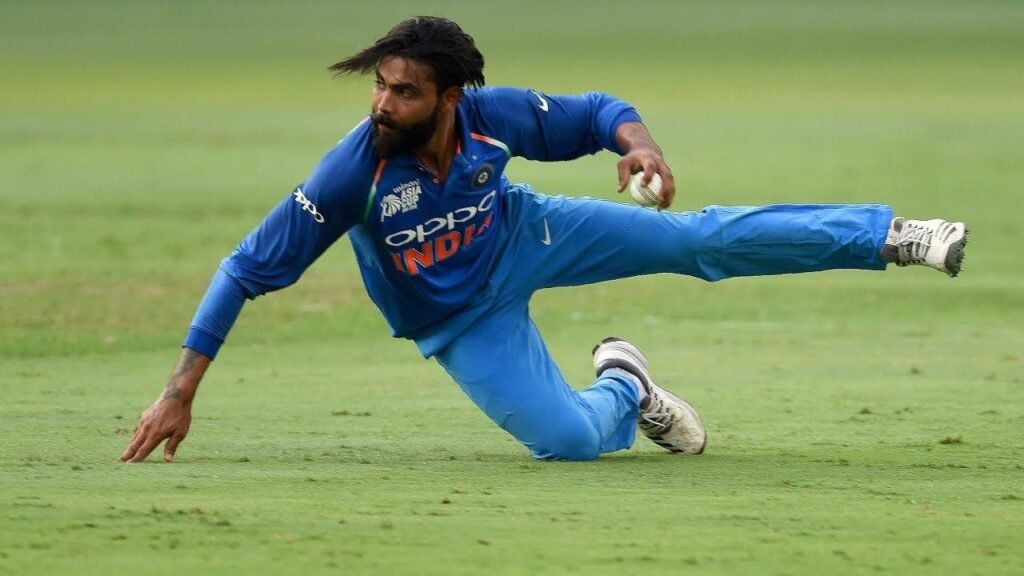
2. Makes Ball Less Likely to Swing
As mentioned, dew on the ground means a wet ball. A wet ball is already challenging to grip while bowling and things get more difficult for the fielding side as the ball will not also swing for the same reason. Well, you know that in order to make the ball swing, one side needs to remain shiny and polished while the other side needs to be older and rough. This becomes almost impossible to achieve when the ball is entirely wet because of dew on the field.

Not only this, but dew on the pitch also softens the seam on the cricket ball, so apart from swinging and throwing, you also add no hardness to the list of problems caused by dew for the bowling side.
3. It makes Harder for Batsman to Hit the Ball
Dew not only makes things harder for the bowlers but also the batsmen. Let us understand how. Once the ball is exposed to the dew and all the moisture on the pitch, the ball gets heavier by soaking all the dew, which means the batter has to play a fierce shot if they want the ball to touch the boundary. Things get more complicated when they try to hit a six, and that is why we saw them getting caught even though they middled the ball.
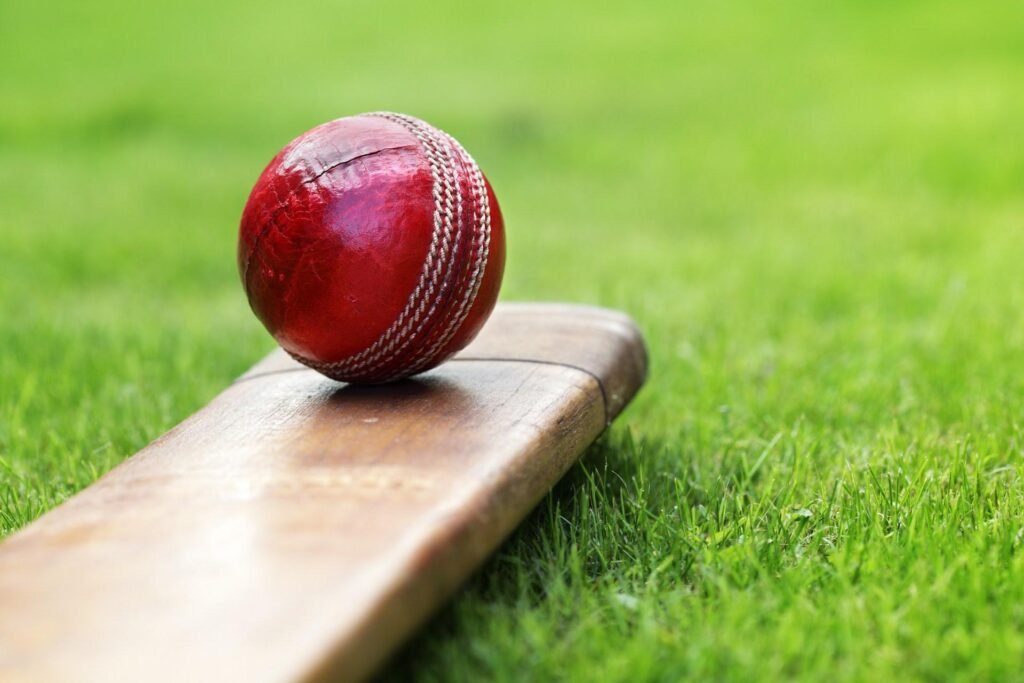
Secondly, dew makes the ground soft, which means the ball coming after hitting the bat hits the ground. It is more likely to hit the soft ground and ‘plug.’ This results in the ball being stopped and making it harder to touch the boundary rope. That is why we often see a rope or a sheet running on the outfield to soak up some of the surface moisture from the dew.
4. Hard to Spin the Ball
When you watch cricket matches in hot and dry conditions, you’ll often see spinners rubbing their hands in the dirt/dust before they grip the ball. But because of the dew on the pitch, it becomes difficult for the bowlers to dry their hands, and as the ball is already wet, which makes to grip the ball properly and also makes it harder to spin the ball as it leaves the hand.

When the pitch is dry, there is much more friction between the ball and the pitch, making it more likely to spin. However, when a pitch is moistened by dew, the conflict between the ball and the pitch is decreased substantially.
5. Make Teams More Likely to Bowl First in Such Conditions
You might have already figured out that dew affects the day-night cricket matches more as compared to other games. Because of the few, most of the teams win the toss and choose to bowl others and ignore the other conditions. Dew usually begins to settle on the cricket field as soon as night starts to draw, and it means it is mainly present during the second innings of a day-night match. And as we all know that the dew will cause difficulties catching and throwing the ball, minor swing and spin, no consistency in line and length, no gripping on the ball.
Endnotes
Dew is an important factor to consider in subcontinent matches and is very common in tournaments like IPL. If any international tournament is happening in sub-continent countries, you understand the dew’s effects. So, you better consider the dew factor before making any decision before and during the game.
We hope this detailed blog has given you some appreciation of the players and all they have to face to win a cricket match. There are many cricket grounds where dew is very common and appears frequently. So, the team coaches and players always discuss these conditions and take them into account when creating their game plan so they win in the end.









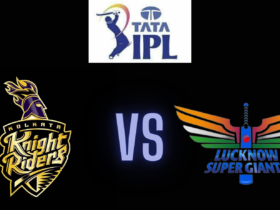
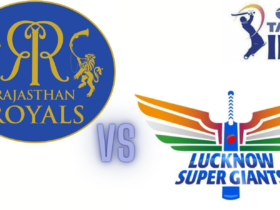






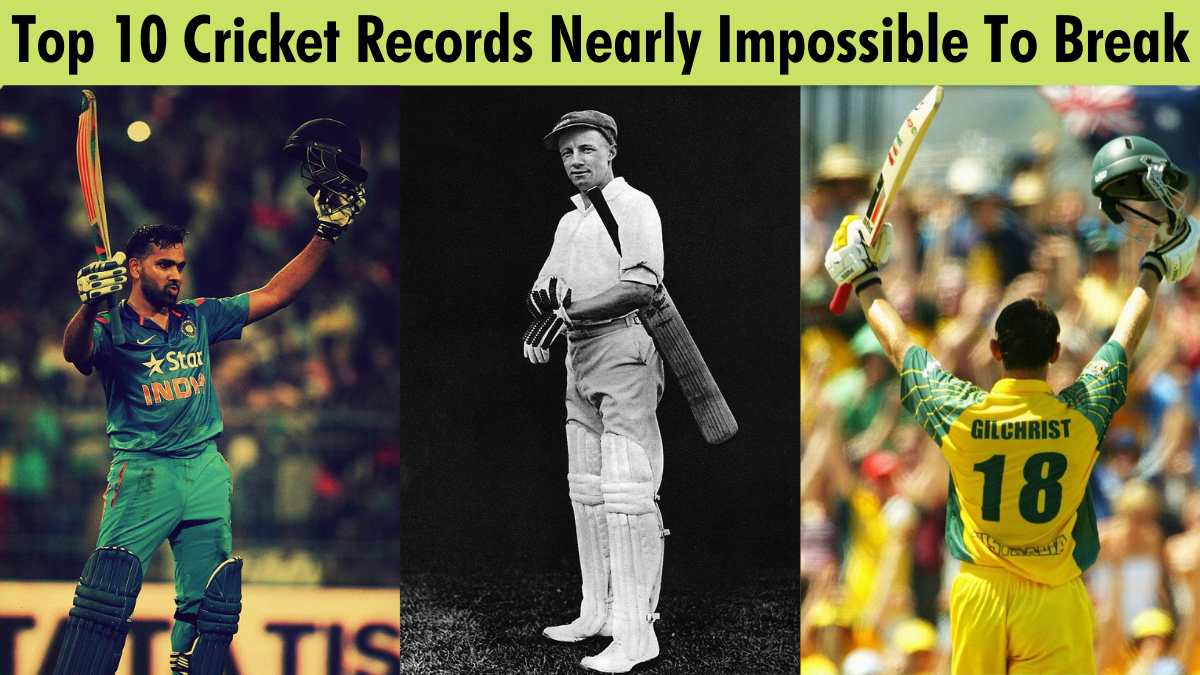




Usually in day night matches the dew makes the stadium grass wet due to which the ball becomes wet and it is difficult to grip so the team batting second gets an advantage. It is commonly called dew factor.
Dew plays important role in the toss also.
Bowling Challenges: As the dew settles on the outfield and the ball, it becomes increasingly difficult for bowlers to grip and control the ball effectively. This can lead to wayward deliveries, reduced spin, and limited swing, making it challenging to execute their bowling strategies.
Altered Fielding Conditions: Fielding becomes more challenging as the fielders struggle to hold on to the wet ball, resulting in fumbles and dropped catches. The wet outfield can also cause the ball to skid, making it harder to judge its trajectory and leading to misfields.